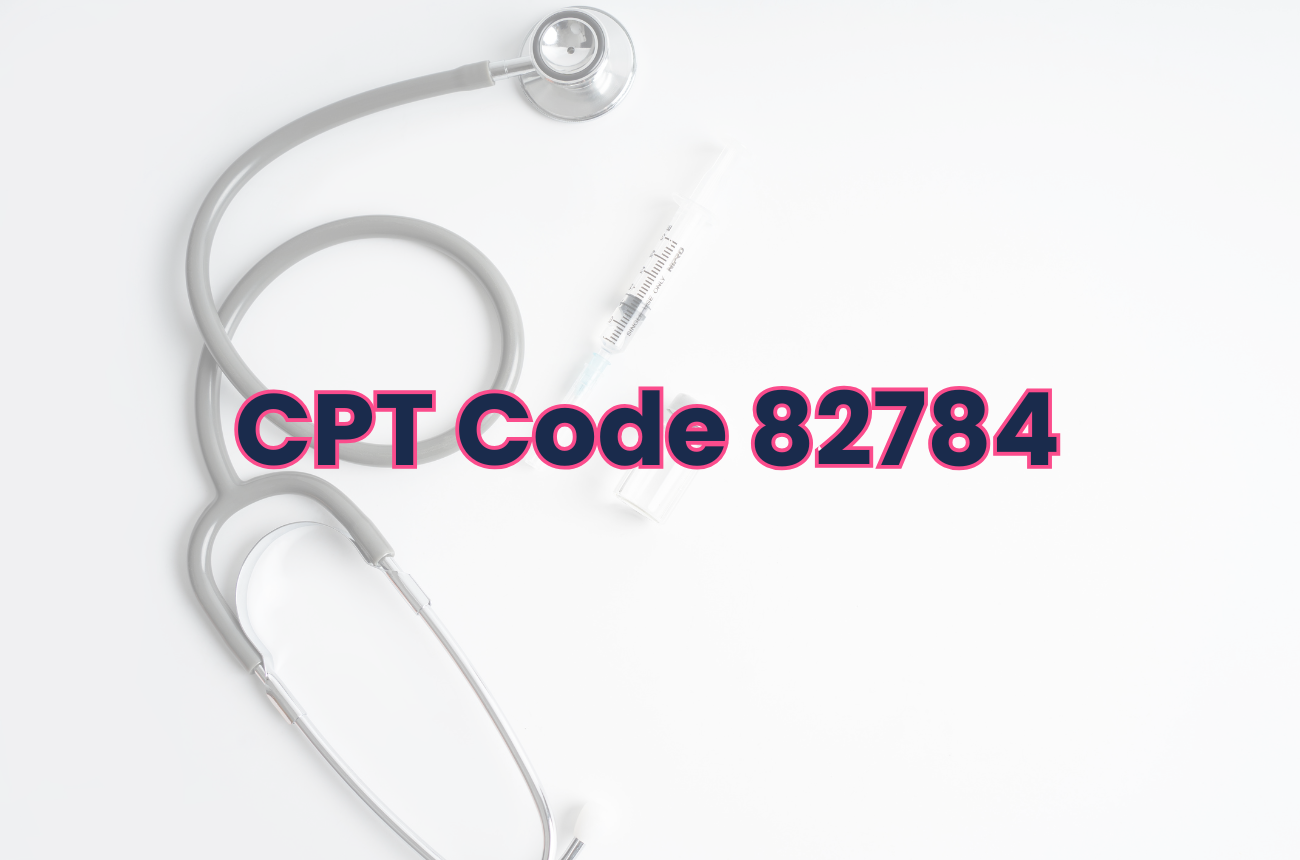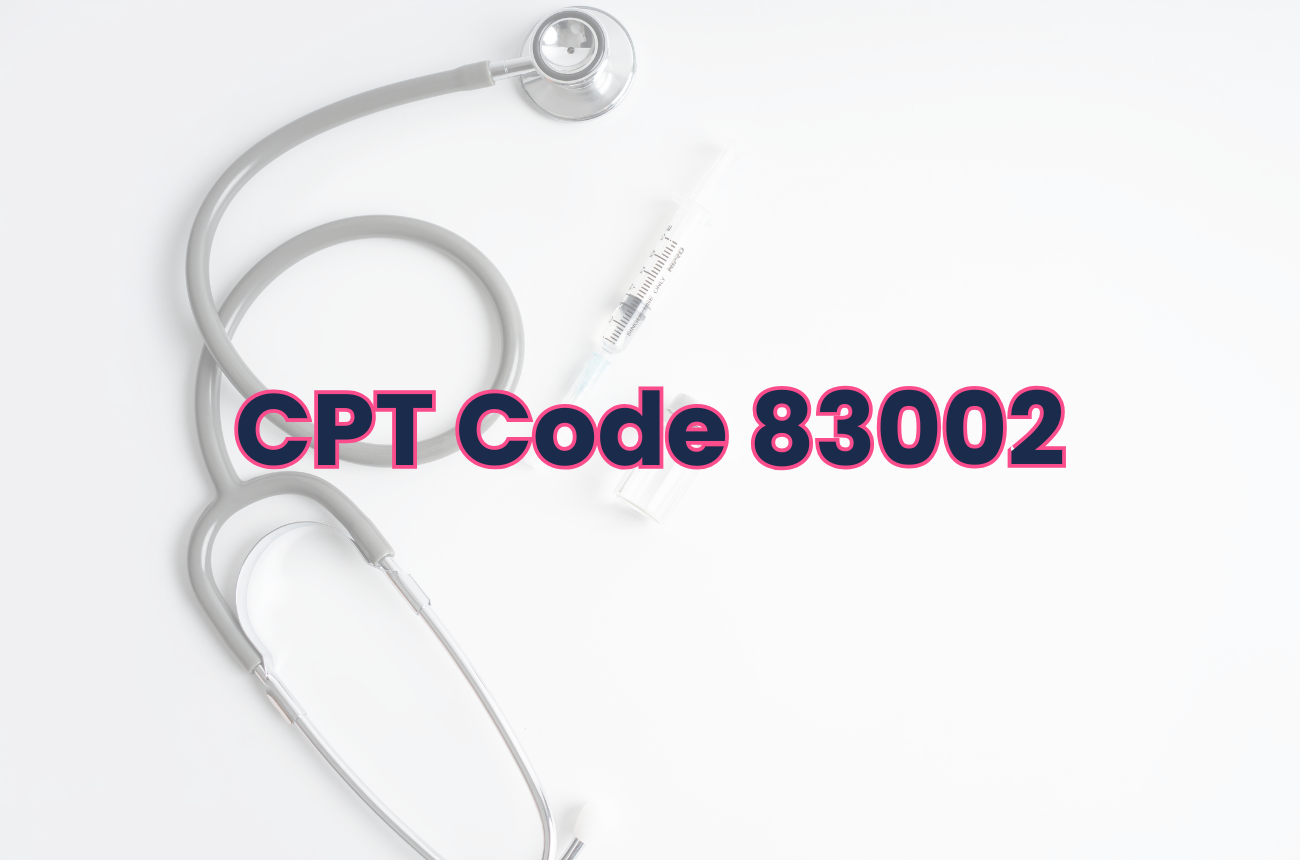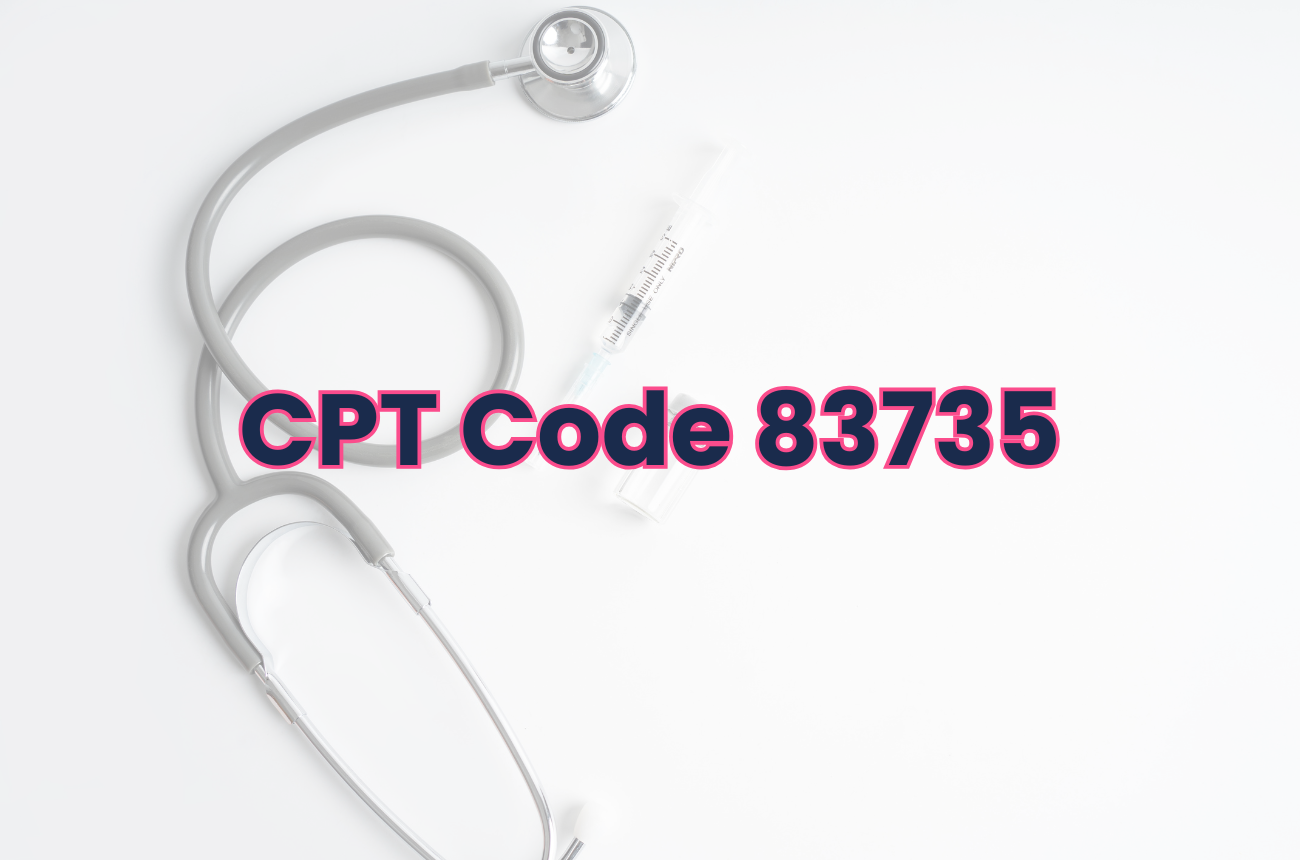ICD-10 code 997810 is used to document complications that arise during or after a medical or surgical procedure and are not specifically identified elsewhere in ICD-10. This code is applied when the provider determines that the patient is experiencing an unexpected adverse event that is clearly linked to a recent procedure. While broad in scope, it is vital for capturing clinically relevant but uncategorized procedural outcomes.
Key Components
ICD-10 Code 997810 is appropriate for encounters involving:
- Clinically significant post-procedural complications not covered by more specific codes
- Infections, bleeding, pain, or swelling that deviate from normal recovery
- Unexpected reactions to devices, anesthesia, or surgical outcomes
- Interventions required to address or manage the complication
- Provider judgment that the issue is procedure-related, rather than disease-driven
Typical Patient Scenario
An example of a visit that may warrant 997810:
A patient returns for evaluation 5 days after minor outpatient surgery. They report severe swelling and discharge at the surgical site. The provider determines this is not typical post-operative inflammation, diagnoses it as a complication, prescribes antibiotics, and updates the care plan to include wound management and follow-up monitoring.
Documentation Tips
To support this code, providers should clearly document:
- The original procedure performed
- The nature, onset, and severity of the complication
- Any clinical findings or diagnostic results
- Interventions or treatment changes made as a result
- The provider’s determination that the issue is not part of expected recovery
Reimbursement Considerations
Proper use of 997810 can impact reimbursement by:
- Ensuring procedural risks are documented and billed appropriately
- Supporting medical necessity for extended follow-up, imaging, or additional treatment
- Avoiding denials that result from missing complication documentation
Because it’s a broad code, payers may scrutinize its use. Clear documentation is essential to validate that the condition meets the definition of a procedure-related complication.
Compliance Tips
To ensure proper use of ICD-10 997810:
- Avoid vague descriptions like "discomfort" or "expected soreness"
- Be specific about onset, relationship to procedure, and treatment needed
- Use in conjunction with procedure codes and any related CPT codes
- Cross-check against more specific complication codes first
How OptiMantra Supports Accurate and Compliant Use of ICD-10 997810
OptiMantra’s integrated EHR and practice management system is designed to help providers efficiently track and document post-procedural care. With real-time alerts, structured complication tracking, and intelligent ICD code suggestions, OptiMantra helps providers:
- Accurately identify and document post-procedural complications
- Automatically prompt for the level of detail required to support ICD-10 997810
- Simplify billing workflows and reduce denials tied to under-documentation
- Coordinate care through shared notes, alerts, and follow-ups
Whether you’re managing surgical follow-ups, integrative procedures, or chronic condition interventions, OptiMantra ensures that every complication is recorded with clarity and coded for reimbursement—minimizing audit risk and maximizing care quality.
Try OptiMantra for free here!
.png)





